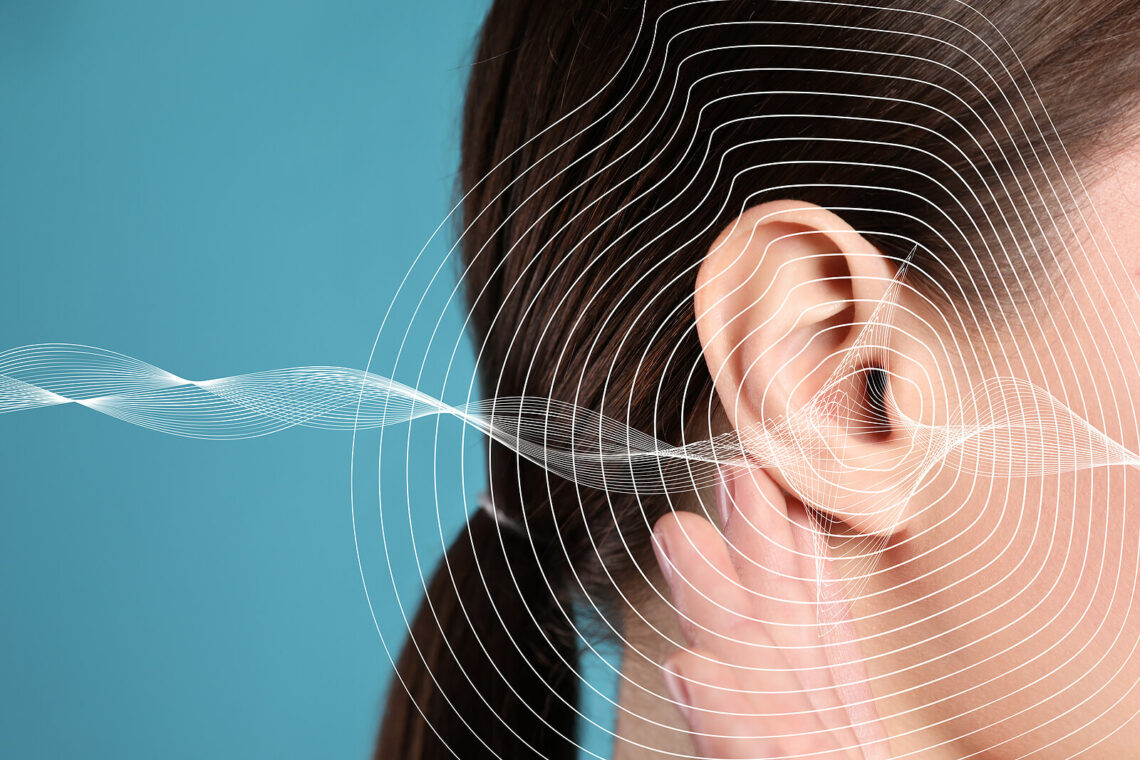With nearly 1 in 8 people having some degree of hearing loss, you or a loved one may be experiencing changes to your hearing health. Not recognizing the symptoms of hearing loss often contributes to a delay in treatment which can worsen hearing health. Being able to identify the signs of hearing loss supports early intervention, transforming the trajectory of your overall health and wellness.
Identifying Hearing Loss
Hearing loss is a medical condition that typically occurs over time. This means that symptoms may remain unnoticed or ignored for quite some time. Ignoring hearing loss symptoms can have multifaceted effects including increasing health risks and staringing relationships. Recognizing early signs and intervening by seeking treatment can drastically improve your quality of life. To figure out if you have hearing loss, it is useful to ask yourself the following questions:
- Do I struggle to keep up with conversations? Especially in places with background noise like restaurants?
- Are sounds and speech muffled or distorted?
- Am I hearing a ringing or buzzing like noise in either ear?
- Do I ask others to repeat what they said or to speak louder?
- Do I respond with “huh” or “what” when I’m talking to others?
- Am I nodding and pretending to hear just to get through a conversation?
- Is miscommunication or feeling lost common things I experience?
- Do I avoid conversations and keep them short?
- Am I hiding my hearing challenges with loved ones?
- Do I lip read to help identify individual words?
- Do I always turn up the volume on the TV or my phone?
- Are my loved ones arguing with me because the TV is too loud?
- Am I spending less time with loved ones?
If you respond yes to any of these questions, this may indicate that you are experiencing hearing health issues that should be evaluated. These symptoms can be mild to more profound, depending on the degree of hearing loss you are experiencing.
Accessing Hearing Loss Treatment
It is important to know that there is a range of hearing healthcare resources and services that you can access to support your hearing health. There are effective hearing solutions that treat hearing loss. The first step is to get your hearing comprehensively evaluated. Hearing tests are conducted by hearing healthcare specialists (like audiologists) who are trained to diagnose and treat hearing loss. It involves a painless process that measures your hearing capacities in both ears. This identifies any hearing loss and the degree of impairment in each ear and this information is used to tailor treatment to meet your specific hearing needs.
The most common treatment for hearing loss is hearing aids. Hearing aids are electronic devices that are equipped with technology that absorbs, amplifies, and processes speech as well as sound. This provides significant support which alleviates hearing loss symptoms and maximizes hearing capacity. Today’s hearing aids are also more innovative than ever before. There is a wide range of options that offer different features, award winning designs, and styles. These wearable pieces of technology seamlessly integrate into daily life while supporting hearing in everyday settings.
Benefits of Treating Hearing Loss
Treating hearing loss drastically improves quality of life in significant ways. Major benefits include:
- Strengthening communication: hearing aids allow people to readily hear and communicate with greater ease. People are more able to engage in conversations which strengthens communication.
- Improving relationships: strengthened communication also benefits relationships. People can spend quality time, have meaningful conversations, and enjoy everyday activities with loved ones. This supports connection and closeness, improving relationships.
- Enriching social life: hearing aids provide useful support in settings that are more active and contain background noise like social settings. This enables people to fully participate in social activities, enriching social life and connection.
- Enhancing overall health: extensive research also shows that treating hearing loss also decreases health risks. Treatment supports brain health and cognitive functions, increases spatial awareness and safety, as well as boosts mental health.
These benefits allow people to live active lives that they can fully engage in. This highlights that treating hearing loss can transform hearing health and quality of life.
Contact us today to schedule an appointment for a hearing consultation which is the first step towards accessing life-changing treatment!

